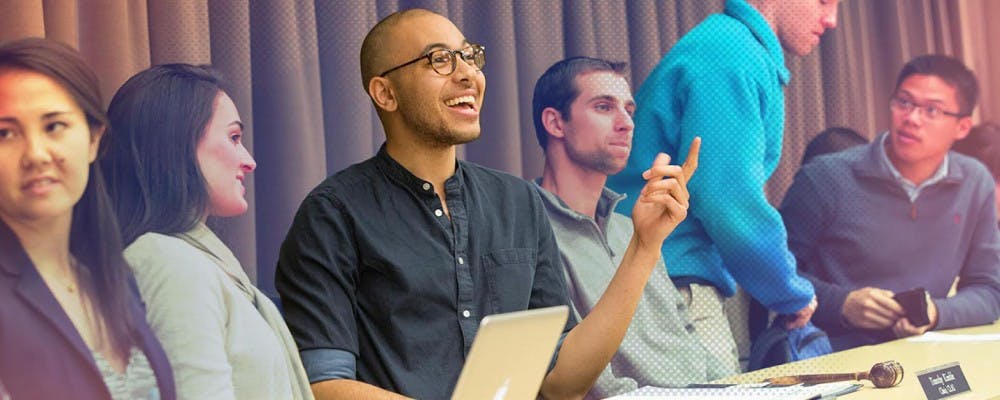Students at the University are expected to be leaders in the community, behave honorably, have the authority to expel other students from the school and do it all while maintaining a respectable GPA. However, asking students to pick their own classes? Clearly too difficult. A recent opinion article argued the Echols Scholars Program’s lack of area requirements undermines the goal of a liberal arts education. A response defending the Echols Program was recently published, but it does not go far enough. In fact, area requirements ought to be abolished for the entire College of Arts and Sciences. Area requirements, while well-intentioned, contradict Thomas Jefferson’s vision for student self-governance, privilege students from larger, wealthier schools and hold intellectually inquisitive students back.
The article operates under the assumption that, given the freedom, students will tend to take classes in specific disciplines and ignore others, leading to an imbalanced education. However, I believe the opposite is true, and area requirements actually constrain students. The Echols Scholars I have talked to are all (without exception) taking very diverse and interesting classes from a variety of disciplines. Personally, I would love to take more classes from the religious studies, philosophy and history department. However, as an intended Economics and Politics double-major, my options are limited due to the credits I have to devote to extraneous area requirements.
A popular line of defense argues area requirements help directionless students find their natural course of study by forcing them to take classes in a variety of disciplines. This assumes students cannot be trusted to pick out courses of study which would be best for them. This dramatically undersells the role of academic advisors, let alone the students themselves. The job of an advisor is to provide students personal advice as to which classes they should take. If an advisor does their job correctly, an undecided student should have plenty of class recommendations. Additionally, if students cannot be expected to pick classes which best prepare them for what they want to do and best fulfill the student’s vision for what they want their college experience to look like, then what is the point of student self-governance? Currently, student self-governance is in effect everywhere at the University, except in the registrar’s office.
The only way regular College students can avoid area requirements is by coming into school with transfer credit, usually from dual-enrollment or Advanced Placement courses. However, these advanced classes are more readily available at large schools in wealthier school districts, or at private schools. Students from these places are, from the beginning, more likely to come in with more credits, enabling them to take more classes they are intrigued by. Eliminating area requirements would level the playing field.
In the midst of nuanced arguments, the simple questions are often forgotten. In this instance, the simple question is: What sort of classes would students take if there were no area requirements? The answer: They would take classes they were genuinely interested in. This is the point of a liberal arts education: to enable students to dive into any subject to whatever depth they please. The idea of coercing students to take classes they are not excited by is not a recipe for a healthy learning environment. Coerced intellectual curiosity is an interesting theory, but not a tenable one. Students taking classes they want to take can only lead to positive outcomes.
Connor Fitzpatrick is a viewpoint writer for the Opinion section. He may be reached at opinion@cavalierdaily.com.







